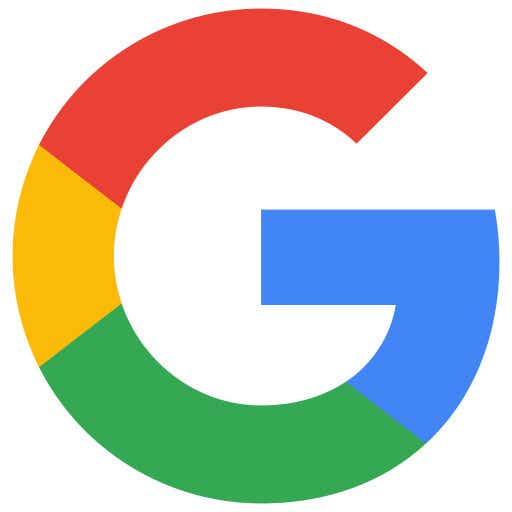Google took another step toward expanding the footprint of its VPN by Google One service, making it available to all of its Google One cloud-storage subscribers, down to its $1.99 basic tier, as well as to Windows users.
Google also said it would provide a “dark web report service” to Google One users to keep tabs on whether their personal information is being trafficked online.
Traditionally, Google has reserved its VPN by Google One service for its premium Google One plans, which require users to pay at least $99.99 annually for 2TB of storage and other perks, including the VPN. In December, Google extended the VPN by Google One perk to Pixel 7 and Pixel 7 Pro owners, too. Now, the VPN capability will be offered to every member who signs up for a Google One paid plan, across 22 countries.
Google previously offered VPN by Google One to just Android and iOS customers; now the service will be offered to both Windows and Mac devices, too. You can share the subscription with up to five devices.
Unfortunately, Google’s Google One VPN doesn’t make our list of either PCWorld’s best free VPNs or the best VPN services: Google’s VPN doesn’t allow you to select from any foreign servers, so it can’t be used to sample a Netflix subscription in another region. Instead, VPN by Google One simply allows you to hide your identity while surfing, making it an appropriate choice for a coffee shop or airport but not much else. That doesn’t seem to have changed.
Google One’s dark web report
Google’s “dark web report” automatically ties in to Google’s search services by trawling the dark web—i.e, parts of the web that Google supposedly doesn’t index. You can choose what you’d like it to keep an eye out for, including your name, address, Social Security number, email, and so on—and ask Google to notify you if your data is found. What the service won’t tell you, apparently, is if your information is already being legally bought and sold among various services, and it’s not clear what you’ll be able to do if an attacker knows who you are and where you live. (If your Social Security number is compromised, Google suggests you contact your credit agencies.)
Numerous companies—chief among them Snapchat and Apple, according to Clario)—already collect such information, and far beyond just your name and address, compiling facial and even voice prints, too. The difference is that you opt in.
In any case, Google’s dark web report will begin rolling out over the next few weeks to all Google One members, the company said.



